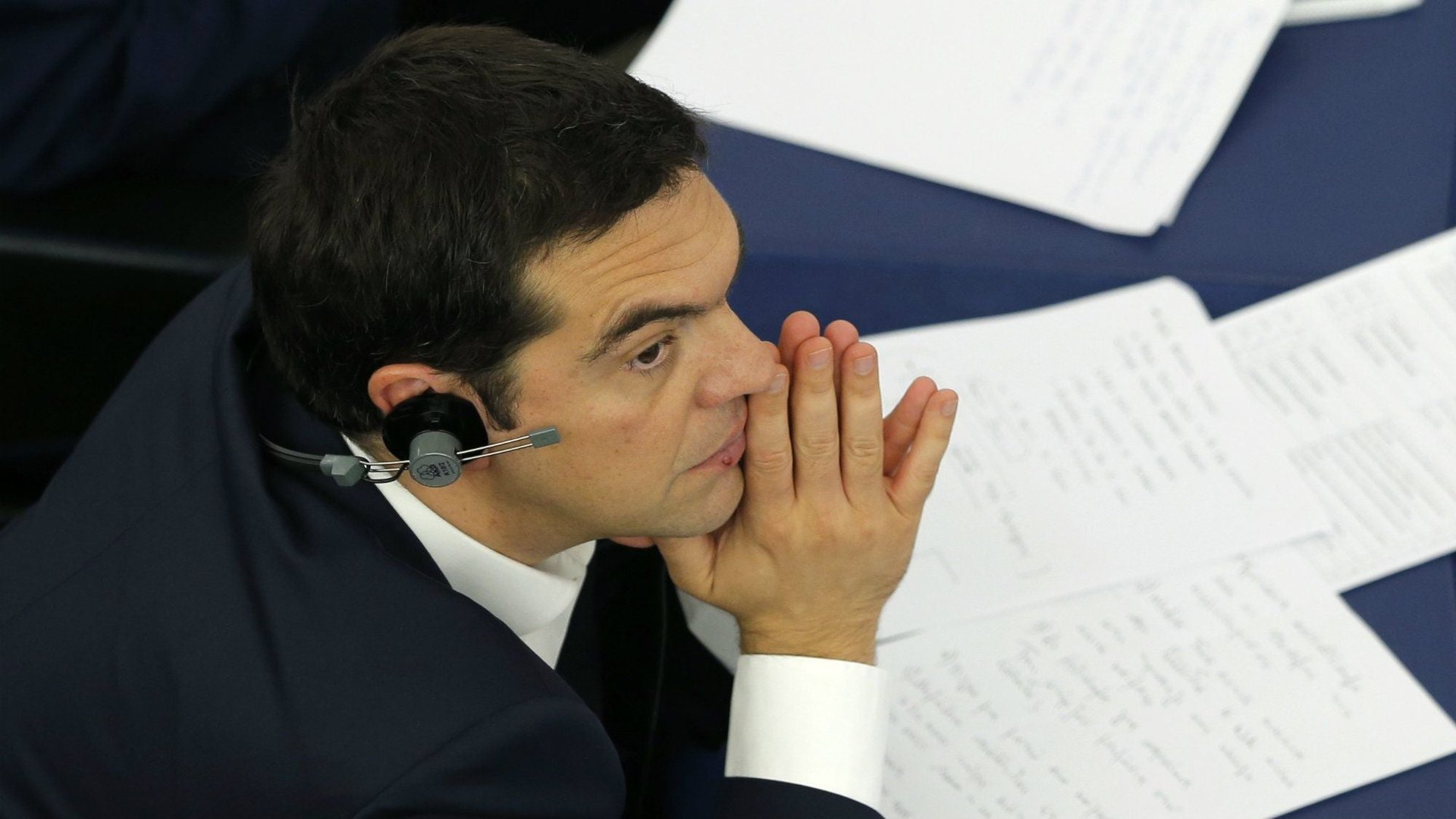Is Greece doomed? It depends on who you ask
A deadline was once a tangible thing. During the American Civil War, soldiers told captives that if they strayed beyond a certain distance from the prison camp, they would be shot. That distance marked the dead line.


A deadline was once a tangible thing. During the American Civil War, soldiers told captives that if they strayed beyond a certain distance from the prison camp, they would be shot. That distance marked the dead line.
As the word has passed from the literal to the figurative, it lost much of its original, deadly finality. And at no time have supposed deadlines been crossed with such wanton regularity as during Greece’s protracted bailout negotiations in recent months.
At the risk of saying “this time it’s different” … this time it’s different. Or so say Greece’s creditors. They set a Sunday (July 12) deadline to sign a new cash-for-reforms agreement; if the two sides can’t agree on a deal at an emergency EU summit on that day, Greece’s cash-strapped banks will be cut loose from emergency financing, promptly collapse, and set the country on the agonizing path to Grexit (an exit from the euro zone).
“Until now I have avoided talking about deadlines… I have to say loud and clear that the final deadline ends this week,” European Council president Donald Tusk said earlier this week. “All of us are responsible for the crisis and all of us have a responsibility to resolve it.”
But after all this time, can the Greek financial crisis in fact be resolved in the next few days? It depends who you ask…
Trust me, we’re good for it. Well, most of it.
“…we want to be able to pay back what we have borrowed. And when we ask for debt reduction, we ask for this reduction exactly because we want to be able to make good on those loans and not to be constantly obliged to seek new loans in order to repay previous loans.”
Nope, all of it.
“There can be no question of a haircut.”
Oh lighten up, Angela.
“We have always advised that a program needs two legs: reforms and debt restructuring. That view has not changed.”
Really, we can fix this.
“Our proposals focus on real reforms, which aim at changing Greece.”
Oh yeah? Prove it.
“How do you want to be remembered? As an electoral accident who made its people poorer? Or as a real revolutionary reformer? Show that you are a real leader and not a false prophet.”
Okay, how about this—we stay in, we play by the rules. Deal?
“We reiterate the Greece’s commitment to remain a member of the Eurozone and to respect the rules and regulations as a member state.”
Deal. Let’s not be such wimps about it.
“Allowing Greece to exit the euro zone would be an admission of impotence. France refuses that.”
Because if there isn’t a deal… DOOM!
“The Greek economy is on the edge of catastrophe… there could be riots… and chaos.”
Meh. Don’t let the door hit you on the way out.
“The commission is prepared for everything… We have a Grexit scenario, prepared in detail.”
C’mon you guys, seriously?
“There’s a lot of unknowns if this goes to a place that completely melts down in Greece … it’s geopolitically a mistake.”
Look, we’re not not saying there won’t be a deal.
“We can achieve an agreement on Sunday… I’m not pessimistic.”
Whatever. Let’s just get this over with.
“A solution has to be found by Sunday. One way or the other.”